|
Global environmental health is recognized as the most pressing challenge of our time. A recent report by The Lancet estimated that environmental pollution causes three times more deaths from non-communicable diseases than AIDS, tuberculosis and malaria combined, and that 92% of pollution-related deaths and diseases occur in low and middle income countries. Yet, there are few opportunities for the scientific research workforce is receive training in this area of work.
I have been the director of the Mount Sinai Division of International Health since 2004. Our mission is to partner with scientists in other countries to enhance capacity to identify, document, prevent and mitigate environmental health problems that have the potential to affect morbidity in vulnerable populations, especially children. To do this, we initially trained and nurtured the careers of 52 international scholars in Mexico, Brazil and Chile through the Fogarty-supported ITREOH Program - International Training in Research in Environmental & Occupational Health. We have now expanded our collaborations to 5 additional countries: Argentina, Costa Rica, Spain, South Africa, and Ireland. My collaborations have developed into close friendships with many international scholars. Now, after so many years, we have collaborated on many research projects and joined forces to mentor a new generation of researchers. Through funding from the National Institute for Minority Health and Health Disparities, my former international fellows and I have provided research training to 140 minority students from the US. Every year, we select 10 students from a national pool of hundreds of amazing applicants, bring them to New York for an intense orientation period and match them with international mentors. The students then spend 11 weeks conducting research in those countries. Upon their return to the US, the students continue to receive support to complete research reports worthy of publication. An astounding number of students, about a third, publish their research in peer-reviewed journals, while others have their manuscripts at different stages of review. Yet others, present their work at international professional conferences and receive recognition for their work through awards, fellowships, and acceptance to other prestigious programs. Features of our International Exchange Program that have made it so successful over the last 15 years are:
I think this program has opened their eyes to a world of possibilities, literally. It is worthwhile.
0 Comments
Guest Blog Post: Piecing Together a Career in Global Health Abroad in Five Steps. By Valencia Lyle1/17/2019 Valencia Lyle was a fellow in both my Short-term Training Program and also in my International Exchange Program, during which she reaffirmed her love for working with underserved populations in other countries. Through a series of deployments in Tanzania, South Africa and Uganda, Valencia has gained a broad range of amazing experiences that illustrate how to piece together a career in global health by following 5 steps. Here is Valencia's story in her own words. A well-recognized tradition in U.S. elementary, middle, and high schools following students’ completion of each major educational milestone is for students to write letters to their “future selves.” I intermittently revisit these letters to informally tally the instances in which my career goals drastically evolved. My middle school letter to myself demanded that, by the age 25, I be married, have two children, and work as a pediatrician at a hospital in Michigan. Now, five years past my deadline for accomplishing these major life events, it’s clear that I have abandoned them – at least for now. There were two major work and learning opportunities that led to a major shift in my career goals: my Peace Corps service and the Mount Sinai School of Medicine International Exchange program. These experiences solidified my ambitions in pursuing a career in global health. In recognition of my long, arduous journey to feeling comfortable describing myself as a global health practitioner, I would like to pass down some of my lessons learned to my fellow young professionals aspiring to work in the field of global health outside of their countries of residence. 1. Take a step out of your comfort zone In October 2011, I embarked on my first global health experience as a Peace Corps Volunteer in Tanzania. I was placed in a small, rural village situated within the picturesque Livingstone mountains of the Southern Highlands of Tanzania. With this being the first time I not only lived out of state, but lived out of the country- unaccompanied- I faced an everyday battle between “toughing it out” and returning to the familiarity and comfort of the place I called home for the first 21 years of my life. Despite the aforementioned inconveniences, Peace Corps was one of the most amazing work experiences I have ever obtained. Developing strong bonds with a community in an unfamiliar culture, mastering a new language, and working with diverse community leaders to find solutions to issues plaguing the residents of our village was rewarding beyond belief. I ultimately decided to move forward with option number one: toughing it out. This afforded me extensive work experiences in supplying antiretroviral therapies to adults and children living with HIV and ensuring these populations had access to care. My Peace Corps service served as a catalyst for my interest in pursuing a career in public health which is why, following the close of my Peace Corps service, I pursued a master’s degree in public health from Columbia University’s Mailman School of Public Health. 2. Don’t endure the journey alone – seek mentorship During my graduate studies at Columbia University, I vacillated between building a career in the U.S. and working abroad. It was not until I joined the 2015 cohort of the Mount Sinai School of Medicine International Exchange program that I realized I did not want to start my global health career off in the U.S. While a participant of the Mount Sinai School of Medicine International Exchange program, I was fortunate to receive two mentors: Dr. Luz Claudio, who assisted me in identifying a potential career trajectory in global health, and Professor Rodney Ehrlich, my research mentor at the University of Cape Town (UCT) in South Africa. Under Professor Ehrlich’s supervision, we conducted a study assessing the incidence of tuberculosis in South African gold miners. We aspired to use the results of our study to strengthen occupational health guidelines in gold mining companies and policies in South Africa. The research I conducted at UCT and my overall experience in the International Exchange Program elicited two major revelations about my career trajectory: 1) if I conduct research, it should be research that will propel data driven policy making, and 2) I enjoy careers in which there is a combination of program implementation and research. 3. Explore different professions in global health through internships, fellowships, and short term positions The critical revelation about my ideal working environment that I acquired from completing the Mount Sinai School of Medicine International Exchange Program incited my eagerness to explore the wide range of professional opportunities within the field of global health. This led me to acquiring internships and short term positions in an assortment of areas in global health and policy ranging from marketing writing at the Clinton Global Initiative to policy research at UN Women during my graduate studies at Columbia University. Immediately after obtaining my MPH, I received an opportunity to manage a fresh food voucher program for South Sudanese refugees in Uganda. While I feel privileged to have received the unique and humbling opportunity to work in refugee settlements in a high impact area – nutrition, the position opened my eyes to the necessity of research in this field. I began to grow interested in assessing the cost-effectiveness of various nutrition programs, discovering innovative ways to build the capacity of the health workers and various stakeholders we trained, and investigating the manners in which diverse health policies affected the outcomes of the programs we implemented. 4. Once you think you have everything figured out, embark on a purposeful career search The professional revelation I acquired from working in Uganda resulted in me scouting out a work experience that combined both of my passions – program implementation and research. I began supporting the Rwanda Ministry of Health as a Monitoring, Evaluation, and Research Officer through the Global Health Corps. This position offered me experience in both supporting the implementation of programs at the national level and conducting research to further support data driven decision making. This position was such a great fit that even after the end of my Global Health Corps fellowship, I have continued supporting the Rwanda Ministry of Health as a consultant. From conducting research on surgical outcomes to assessing the implementation of civil registration and vital statistics procedures, my work at the Rwanda Ministry of Health has challenged me to think outside the box with regard to program implementation and strengthened my ability to conduct health services research under the mentorship of well-established experts in health service delivery, research, and policy making. 5. Take your time – don’t let anyone rush you into zeroing in on a career path you are not certain you would like to pursue While I am acquiring my short term career aspirations, I am still far from obtaining the work experiences and educational credentials needed to fulfill my long term career aspirations. Although I had a path to success spelled out for myself by the age of 12, I decided to deviate from that path through taking my time and exploring career opportunities outside of medicine. Exploring careers outside of medicine was the best decision I could have made for myself as working in global health has empowered me to collaborate with global health experts around the world to improve the health and well-being of populations both in the U.S. and abroad. As a young professional, I know that there is so much pressure for us to have it all figured out by the time we graduate from college. I am taking my time to explore the different professional opportunities in global health and I will admit that I still have not figured everything out. My advice to you, my fellow young professionals, is to take your time and do not settle on a career that seems comfortable, easy to obtain, and familiar. Whenever I begin to doubt my decision to take my time and explore different careers, I call to mind a quote from Steve Jobs: “the only way to do great work is to love what you do. If you haven’t found it yet, keep looking. Don’t settle.” |
This section will not be visible in live published website. Below are your current settings: Current Number Of Columns are = 1 Expand Posts Area = 1 Gap/Space Between Posts = 8px Blog Post Style = card Use of custom card colors instead of default colors = 1 Blog Post Card Background Color = current color Blog Post Card Shadow Color = current color Blog Post Card Border Color = current color Publish the website and visit your blog page to see the results AuthorDr. Luz Claudio is an environmental health scientist, mother and consultant, originally from Puerto Rico. She is a tenured professor of environmental medicine and public health. Luz recently published her first book: How to Write and Publish a Scientific Paper: The Step-by-Step Guide. Dr. Claudio has internship programs and resources for young scientists. Opinions expressed in this blog are solely her own and may not reflect her employer's views. Categories
All
|
|
Dr. Luz Claudio
[email protected] |
|
Opinions expressed in this website are solely Dr. Luz Claudio's own and may not reflect her employer's views. None of the information on this website should be taken as medical advice.
© COPYRIGHT 2018. ALL RIGHTS RESERVED.

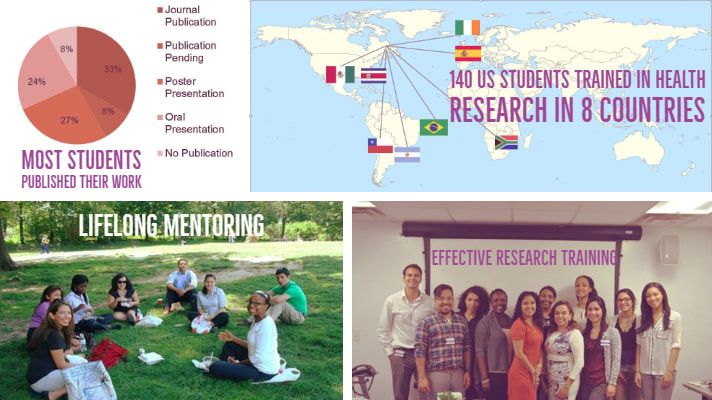
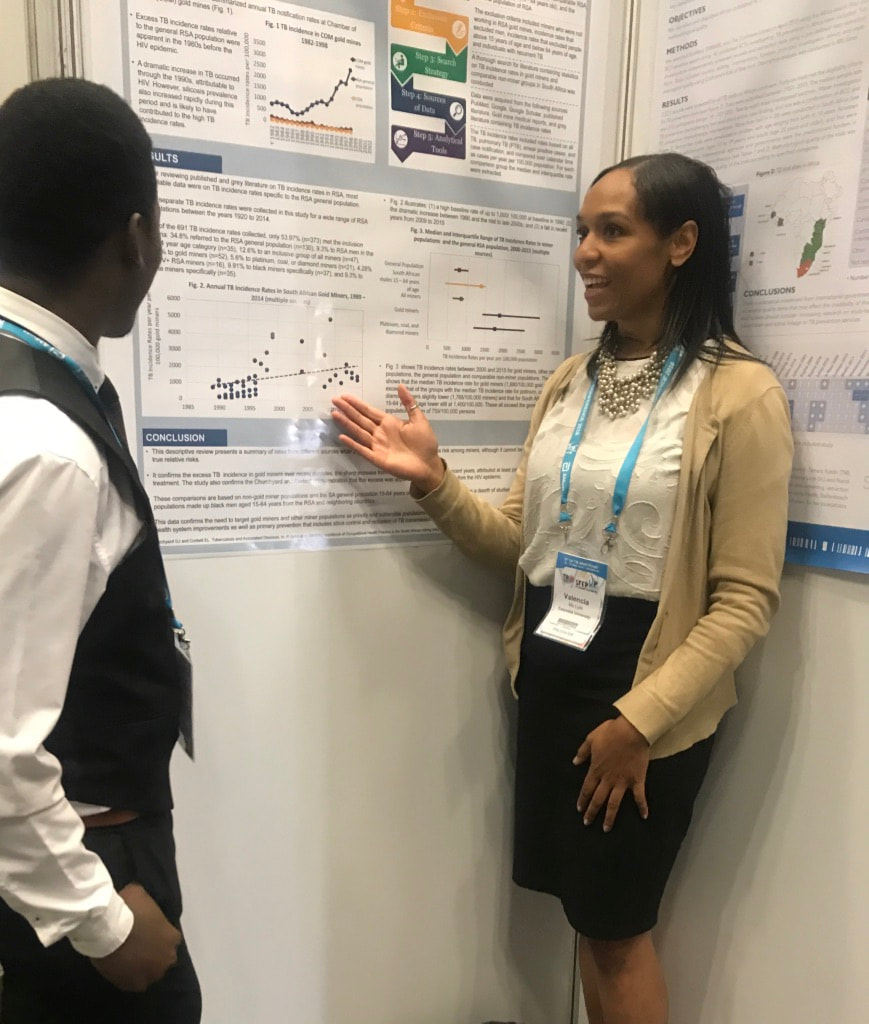
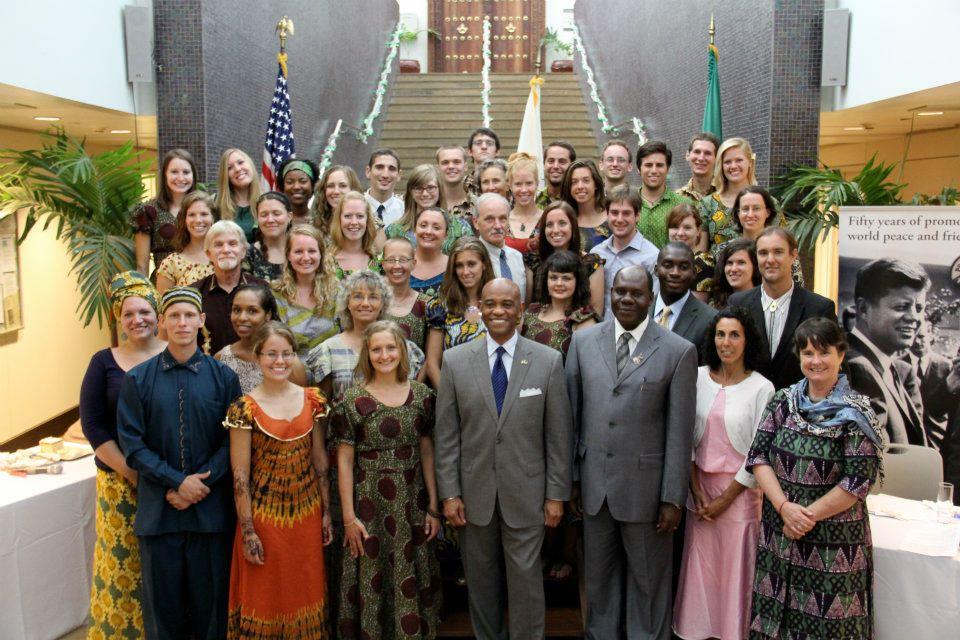
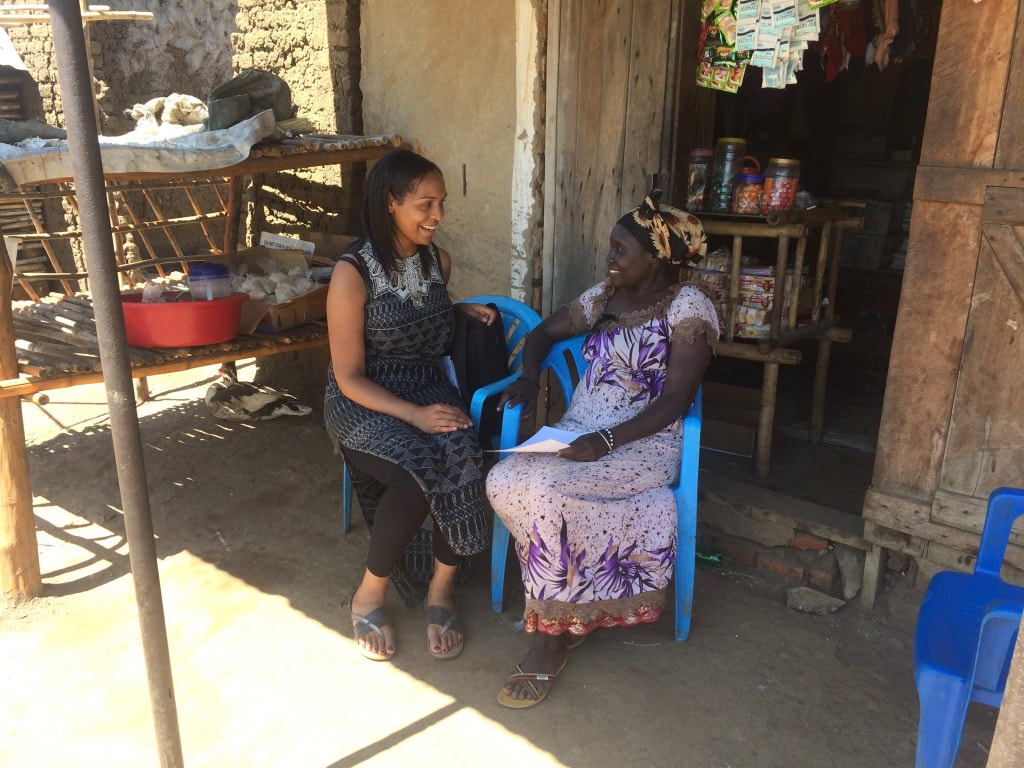
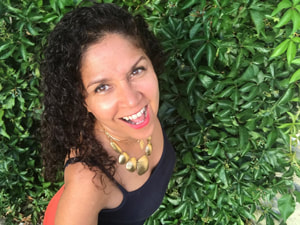
 RSS Feed
RSS Feed